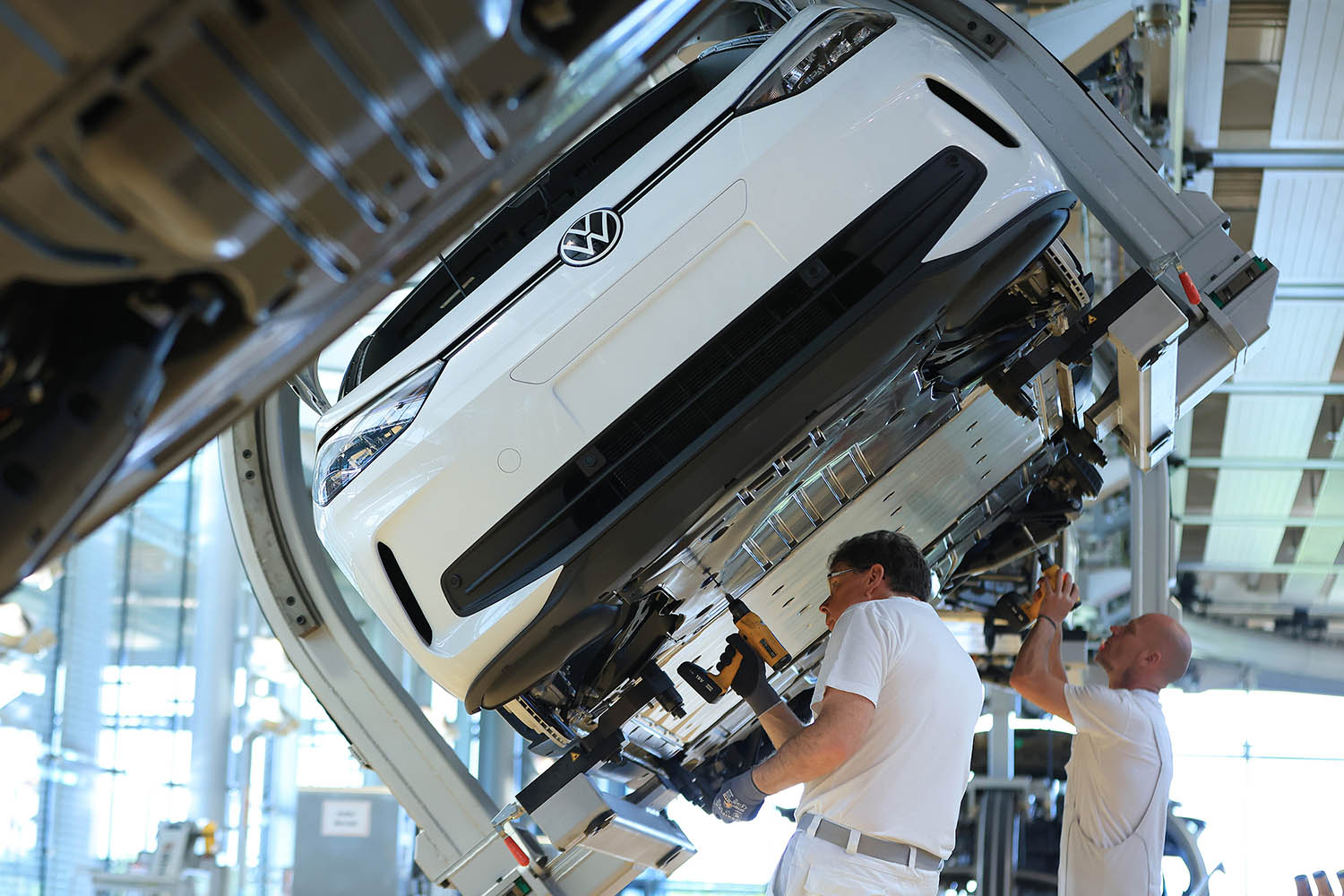Despite cries that the EU has capitulated to Donald Trump, a deal to limit US tariffs to 15% should provide some relief for Europe’s companies. Damage will be contained in the three largest goods export sectors, with aircraft and parts exempted, cars limited to 15% for unlimited quantities (unlike the UK’s quota) and a reasonable likelihood that future tariffs on pharmaceuticals, accounting for nearly a quarter of exported products to the US, will be capped.
What these “napkin deals” cannot deliver is certainty. Three months on from the global tariff threat – Trump’s so-called Liberation Day – there is no legal text for the UK-US deal, and details in every pact signed so far are subject to change or invention as issues arise.
For information about how The Observer protects your data, read our Privacy Policy.
Given this, no major relocation decisions will be made over minor differences between UK, EU or Japanese figures, because there can be no confidence they will last. Indeed, as with Brexit, there are signs of overall manufacturing investment being suppressed.
In line with Britain’s recent experience, all orthodox economics suggests these new American trade barriers will reduce US competitiveness while increasing prices. Early indicators suggest this has already started, and such trends are likely to continue. Trump’s overwhelming belief in tariffs to fix economic and political problems can’t be escaped; nor can his unlikely claims of huge investment numbers in deals signed. But they will not fundamentally reshape global commerce.
This is not the economy of the 1950s. Most trade takes place within technology-enabled global supply chains driven by major corporates. They will find ways to keep operating around the US president, as they did with Brexit, to an extent limiting the short-term economic damage. In particular, goods have never been cheaper to make somewhere in the world, and their prices now reflect branding, intellectual property and regulatory compliance as much as tariffs.
Trump failed to “bring back manufacturing” in his first term and his second effort is not likely to be much more successful. Deglobalisation is not happening in a meaningful form. Trade flows are continuing, and growing in services. National governments are struggling to reshape their economies, given the length of supply chains, and are inadvertently entrenching the leading position of incumbent companies with every complex regulatory intervention or trade policy uncertainty.
This won’t be easy. Short-term survival will not stop being a problem with Trump in office, but serious thought must also be given to reconstruction and new approaches. Ironically, world trade rules are not well suited to the modern global economy they helped create, and will be in a worse place in four years. There is even the risk of Trump being seen as a model of action by others.
His critics in Europe need to prove – not just assert – that their alternatives work better.
David Henig is the director of the UK Trade Policy Project
Photograph by Bloomberg/Getty
